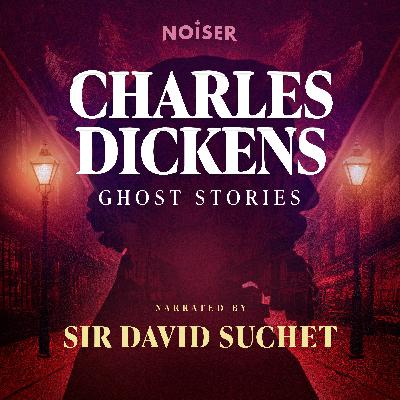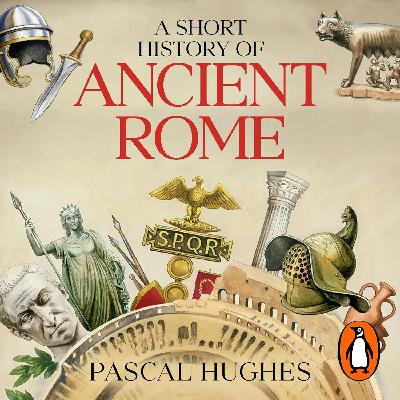
Short History Of...
Author: NOISER
Subscribed: 37,535Played: 1,739,939Description
History is full of the extraordinary.
Each week, we'll transport you back in time to witness history's most incredible moments and remarkable people.
New episodes Mondays, or a week early for Noiser+ subscribers.
With Noiser+ you'll also get ad-free listening and exclusive content on shows across the Noiser podcast network. Click the subscription banner at the top of the feed to get started or head to noiser.com/subscriptions
A Short History of Ancient Rome - the debut book from the Noiser Network is out now! Discover the epic rise and fall of Rome like never before. Pick up your copy now at your local bookstore or visit noiser.com/books to learn more.
For advertising enquiries, email info@adelicious.fm
No part of this podcast may be used or reproduced in any manner for the purpose of training artificial intelligence technologies or systems. In accordance with Article 4(3) of the DSM Directive 2019/790, Noiser Ltd expressly reserves this work from the text and data mining exception.










you pushing muslim propaganda now? rubbish
I was a teenager when this conflict was happening, and I see things differntly now. great narration.
amazing bias
📢 ALL EYES ON IRAN. The Iranian regime has shut down the internet and cut landlines nationwide. Millions are in the streets, bravely resisting across the country. Be the voice for the Iranian people when their voices are being silenced. 🔆📣
I want a episode about the Afghanistan war
His use of working class rent boys seems like a crime to.me. As for the academics attack on right wing and praise of socialist/communist well words fail me. Literary genius yes but he would be the architect of woke today.
yep let's just take a giant dump on history pffft you've changed noiser
THis is the Einstein episode from last week
thanks
Fantastic series of entertaining history. Highly educational and well presented. A must not miss!
I would love to hear an episode about the siege of Leningrad!
loving this podcast! I would love to hear an episode about the siege of Leningrad!
A battle that was a war in itself
This woman's voice is unbearable
This is another repeat of the Stonehenge episode.
the title says Spartans, but the episode is about Stonehenge. Both interesting, but hardly interchangeable.
vv
I'm not an American, I don't really care for the Mount Rushmore monument but this episode and their chosen expert is frustratingly biased in how it's been presented.. I appreciate this is all part of the history however the delivery could have been done better.
At about 37:30 it skips for me. Does anyone else have this problem?
keep it up brother amazing short historys 💯